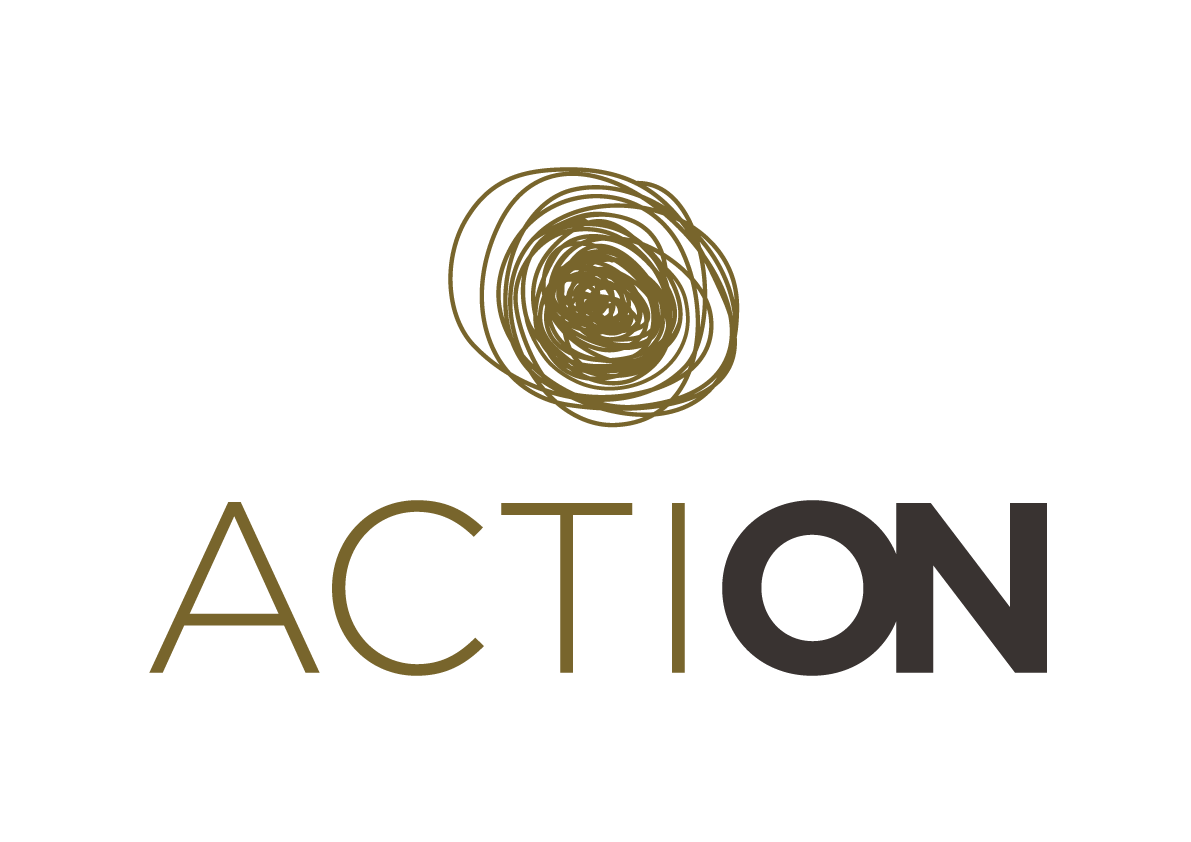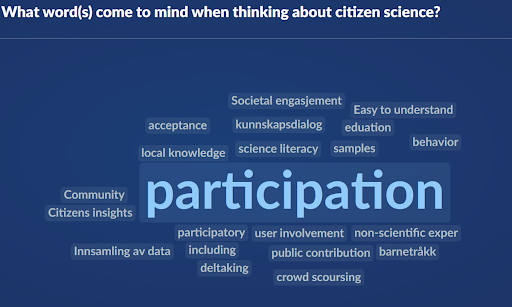By Cléa Montanari (DRIFT) & Sonja Grossberndt (NILU)
Citizen science represents an opportunity for Norwegian policy-workers to engage citizens in policy making. But this practice is still rarely employed in Norway to benefit policies as the citizen science field is sparse and its integration as a policy mechanism still faces challenges. During our latest ACTION masterclass, strategies to leverage citizen science for policy in Norway were siphoned out such as a Norwegian citizen science portal coordinated by a government Norwegian forum around data, the use of citizen science alongside the process of policy making, management of expectations and meta-tagging knowledge practices.
A class to master citizen science for policy workers
In view of the increasing attention citizen science receives by both scientists and policy workers, citizen science offers new ways for members of the public to contribute to scientific research. But how can these contributions be transferred into policy making? This was the topic of the second online policy masterclass organized by ACTION on the 20th of May 2021 in Norway.
Together with the participants, challenges, benefits and strategies were discussed to leverage citizen science for policy.
A policy cycle-citizen science jetlag?
One challenge was seen in the ‘time lag’ between citizen science activities and policy impact and the management of participants’ expectations to influence policy processes as a result. Before contributors to a citizen science project feel the impact of their contribution on policy, time passes which has been mentioned to demotivate individuals to participate.
To tackle the different time-spans, a participant proposed the development of methods by policy actors to allow short-hand outcomes, impact or contribution stemming from the citizen science activity to be communicated alongside the policy process. This would in addition help upkeep citizen motivation to contribute to these projects.
Tagging, contextualizing knowledge?
Another highlighted challenge common to the field of citizen science was on the type and quality of data generated by citizen science projects in relation to scientific standards. Regarding this issue a participant suggested that knowledge could wear a meta-tag indicating its level of certainty. This meta- tag would contextualize the information generated by citizen science activities by for example informing the place or the moment of data collection. This has been suggested by literature to decrease the issue of ‘biased’ information stemming from citizen science data (e.g. see Bishop et al., 2020).
In addition, participants highlighted a third group other than policy and scientist actors that are often not mentioned to worry about this issue- those who are affected by policy decisions.
Veien videre i Norge
The masterclass moreover served the purpose to highlight key requirements specific to Norway for citizen science to support policy processes. Citizen science is an activity already used by some policy actors in Norway, however it is very sparse and focused on environmental monitoring (e.g. Norwegian Biodiversity Information Centre). A Norwegian citizen science portal would open for new opportunities. It would allow the Norwegian citizen science community to better connect and create a stronger link with (higher level) governmental bodies. It was further suggested that this portal could be coordinated by a governmental forum around data.
We hope this masterclass pushes efforts to leverage citizen science in policy for sustainability transitions in Norway!
Are you joining us on the next stop?
This masterclass is part of a series of policy masterclasses in six countries (Germany, Italy, Netherlands, Norway, Spain & the UK), each through extensive context- and network scoping and facilitating co-creation between (citizen) scientists and policy makers, aimed at the interaction of citizen science with policy in a specific local context.
If you would like to join one of the masterclasses, to know more about the benefits and challenges of citizen science for policy processes? And would you like to explore strategies with other policy workers to better utilize the benefits of citizen science? Register your interest in one of the remaining masterclasses via this link.
Reference to mentioned citation: Bishop, I. J., Warner, S., van Noordwijk, T (C. G. E)., Nyoni, F. C and Loiselle, S (2020) ‘Citizen science monitoring for sustainable development goal indicator 6.3.2 in England and Zambia.’ Sustainability 12(24), 10271.https://doi.org/10.3390/su122410271

